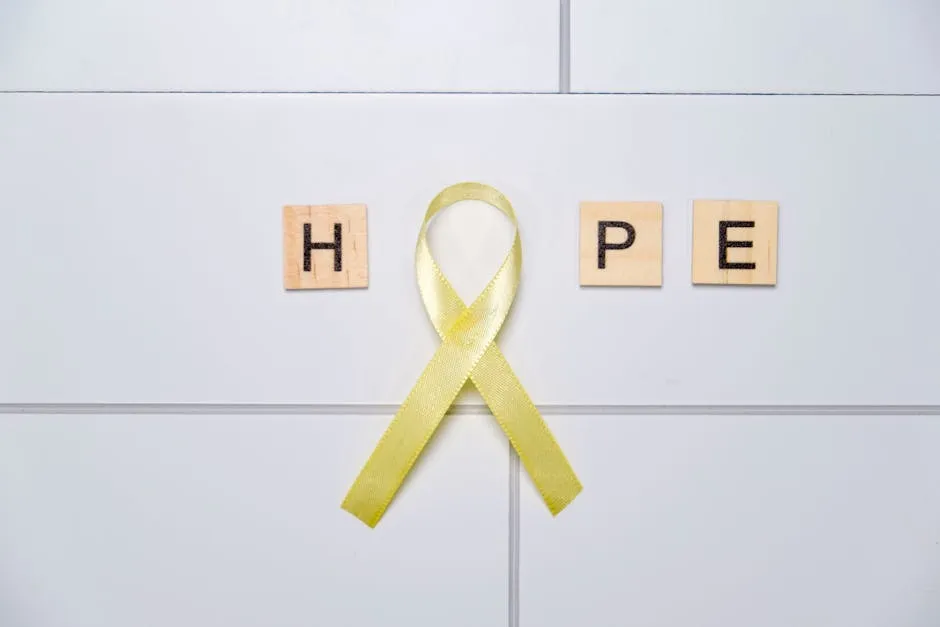The Alarming Reality: Over One Million Weekly Chats on Suicide with ChatGPT
In an eye-opening revelation, OpenAI has disclosed that each week, more than a million individuals reach out to ChatGPT regarding suicidal thoughts and mental health struggles. This statistic sheds light on the rising mental health crisis and highlights the role of AI in providing support to those in distress.
The Role of AI in Mental Health Support
As the world grapples with increasing mental health challenges, AI tools like ChatGPT are emerging as vital resources. With their ability to engage in natural conversations, these AI companions offer a semblance of support to users who may feel isolated or unable to discuss their feelings with friends or family.
OpenAI’s data reflects a significant need for mental health resources, especially in the wake of the pandemic, which has exacerbated feelings of loneliness and anxiety among many. The anonymity and accessibility of AI conversations can provide a lifeline for those who might hesitate to seek help through traditional channels.
How ChatGPT Addresses Mental Health Concerns
OpenAI has taken steps to ensure that ChatGPT is equipped to handle sensitive topics, including suicide. When users express suicidal thoughts, the AI is programmed to respond with empathy and direct them toward professional help. This proactive approach aims to connect users with appropriate resources and encourage them to seek professional guidance.
Moreover, OpenAI has implemented strict guidelines and safety measures to ensure that interactions remain supportive and non-judgmental. These measures are crucial in fostering a safe environment for users who may be dealing with profound emotional pain.
The Importance of Human Connection
While AI can provide immediate support, it is essential to recognize that it is not a substitute for professional mental health care. Human connection plays a critical role in mental health recovery. AI tools should complement, rather than replace, traditional therapeutic methods. Encouraging users to seek help from mental health professionals remains a top priority.
Looking Ahead
The staggering number of weekly interactions regarding suicide highlights an urgent need for comprehensive mental health resources. As AI technology continues to evolve, it holds the potential to play a more significant role in mental health support. However, it is crucial for users to understand its limitations and to prioritize seeking help from qualified professionals.
In conclusion, OpenAI’s revelation about ChatGPT’s interactions with users facing mental health challenges serves as a wake-up call. It underscores the pressing need to address mental health issues in our society and invites further dialogue on how technology can assist in this endeavor. By combining the strengths of AI with the compassion of human care, we can work towards a future where mental health support is more accessible and effective for everyone.
